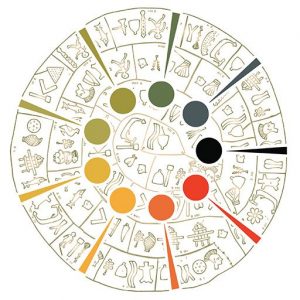
In the talk, Marcel presented his recent work on the destabilisation mechanism of temperature-responsive emulsions. He demonstrated that the presence or absence of stimuli-responsive emulsion behaviour is linked to the characteristic microstructure of the stabilising microgel particles. Surprisingly, only emulsions where the microgels are in a double-corona morphology show stimuli-responsive behaviour while emulsions stabilised with microgels in a single-corona morphology remain insensitive to temperature.


